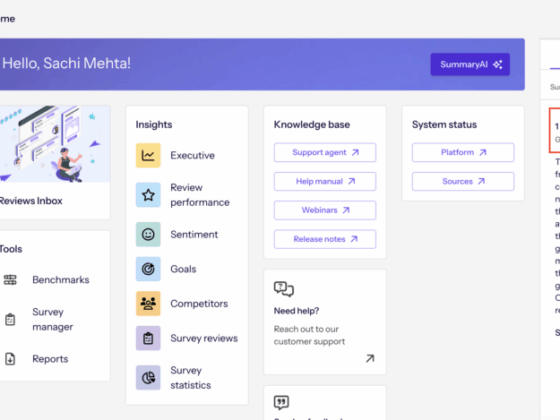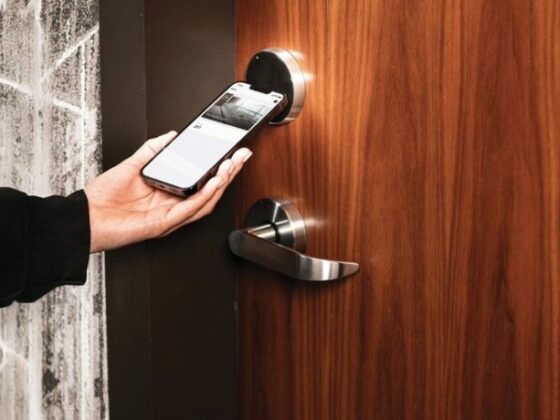
The sector is currently very polarised in its approach to AI: some hoteliers are very excited about its potential and are trying to run with it, while some are very scared and hesitant. Companies such as Marriott, are using natural search to great effect in some of their brands, while others look on.
The main challenge the industry is facing with AI is around its data, because in general hospitality is quite far behind the curve in the data world and to be able to do anything valuable with AI, you need to have tip top data at your fingertips.
Linked to this are the heightened data privacy issues which come with increased AI use and where, traditionally, the sector has not had a wonderful history with privacy and security. Companies are grappling with how to use personal data ethically and there is not a great deal of guidance on this, they are having to take it case by case.
The hospitality industry needs to not only understand the importance of good data for AI, but also for the effective running of a leading data-driven hospitality company, which presents a new sphere in already complex operations. The travel industry must also prioritise transparent data practices or risk losing consumer trust. Data and AI functions should go hand in hand and to build concrete cloud data environments which are clean, governed and scalable: everything you need prior to AI.
The sector is continuing to debate how to bring AI into operations with how AI can take its place within the team. When AI first entered hotels’ consciousness the focus was on the A, not the I and it was centered around replacing team members and the potential for saving money. There’s a clear tension between AI efficiency and maintaining human interactions and some companies are pushing for full automation, while others insist on keeping human elements.
Knowledge is now expanding around how AI can be used and we believe that AI should be treated as an additional team member, not a replacement. We see AI providing efficiency, while the team members are responsible for genuine hospitality, with both parties playing to their strengths.
I’m a little conservative about how I believe AI should be implemented in the luxury space where we are and where a certain level of service is expected. I believe that companies in the luxury space should be very cautious when using AI in something like an auto response bot. This is because, despite all the safeguarding you do, you risk it hallucinating in front of such a valuable audience. One area where a chatbot can be very useful is within a platform are whisper bots or helping new staff access information around operations.
The travel industry is at a crossroads with AI. While some giants like Marriott charge full steam ahead, other smaller or less prepared companies fall behind. The real challenge lies in harnessing AI’s power without losing the personal touch that makes travel special. As AI capabilities grow, so do concerns about privacy and the potential homogenisation of travel experiences. The next few years will be crucial in determining whether AI enhances or diminishes the essence of hospitality and exploration.








